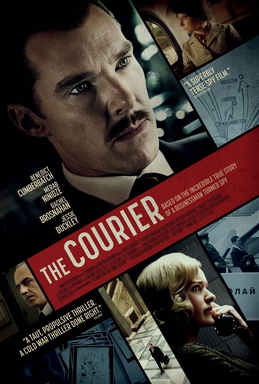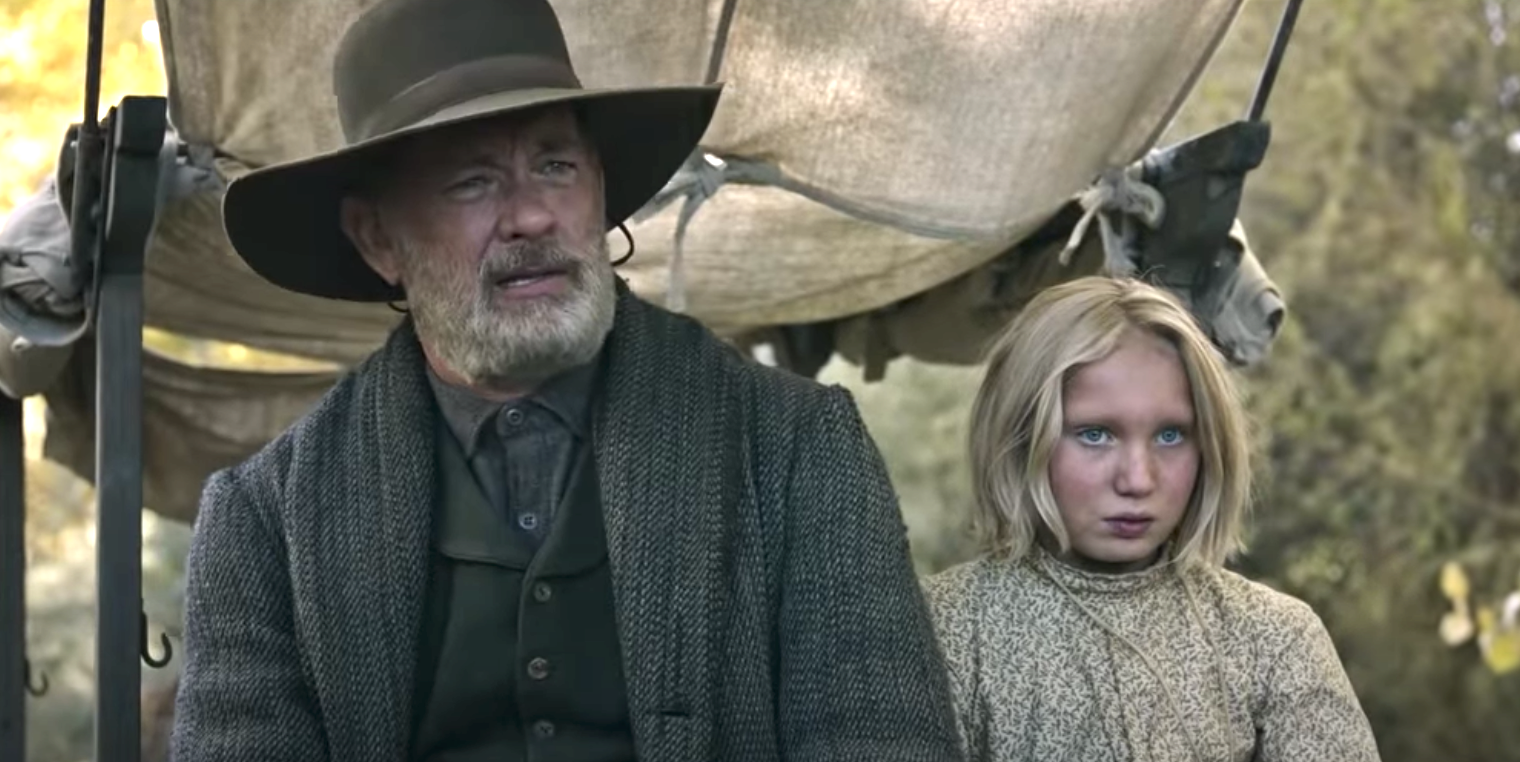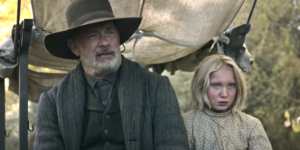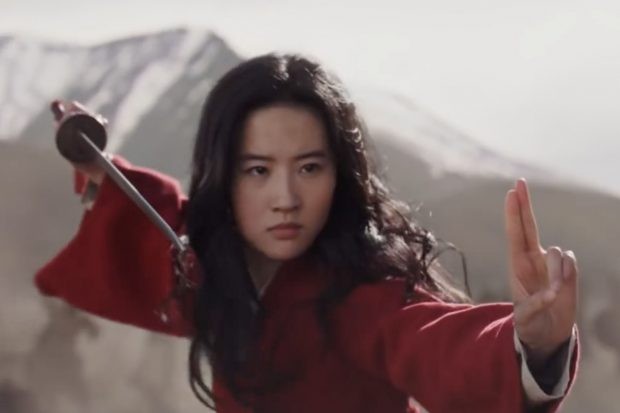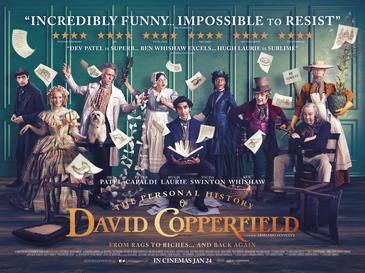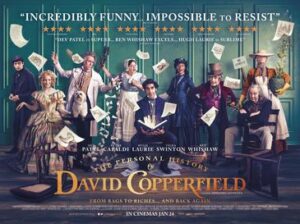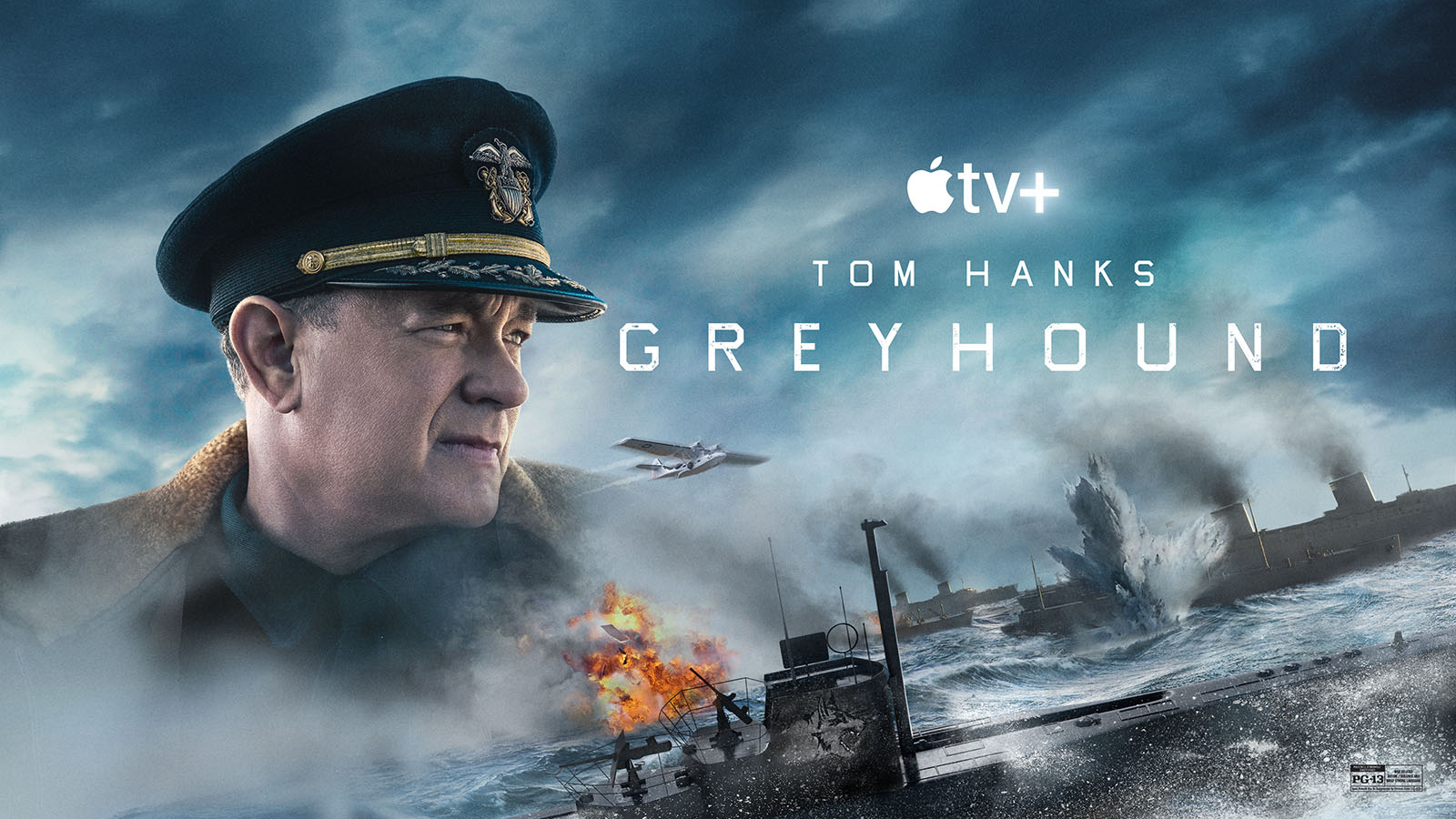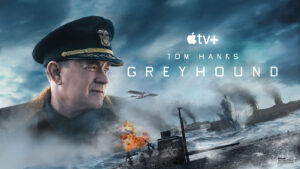The Courier
Posted on March 18, 2021 at 5:23 pm
B +| Lowest Recommended Age: | High School |
| MPAA Rating: | Rated PG-13 for violence, partial nudity, brief strong language, and smoking throughout. |
| Profanity: | Brief strong language |
| Alcohol/ Drugs: | Drinking and alcoholism, smoking |
| Violence/ Scariness: | Peril and some violence, murder, torture |
| Diversity Issues: | None |
| Date Released to Theaters: | March 19, 2021 |
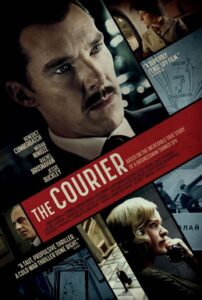
Oleg Penkovsky (Merab Ninidze) is one of the highest-ranking Soviet officials, a multiply-decorated WWII veteran, with access to the most sensitive secrets of the Soviet military and a growing uneasiness with the volatile, aggressive leadership of Nikita Khrushchev. Greville Wynne (Benedict Cumberbatch) is a smooth-talking British salesman, in every way an ordinary citizen, with no background or interest in espionage. But what he does have is a relatively unsuspicious reason for an Englishman to visit Moscow. Representatives from the CIA (Rachel Brosnahan as Emily Donovan) and MI6 ask Wynne to try to set up some sales meetings in Moscow as cover for bringing back files from Penovsky. “Nothing dodgy, nothing illegal,” they assure him. Not true. “We want you to act like the ordinary businessman you are…If this mission were the least bit dangerous, frankly you’re the last man we’d send.” Also not true. They do warn him that everyone he meets will be spying on him, even some who may be too far to hear what he is saying but who can see him well enough to read lips.
He agrees. Maybe he is patriotic. Maybe he is looking for something more exciting than missing an easy putt to accommodate potential customers. But his business is a good cover. “No matter what the politicians are doing, factories still need machines and machines still need parts.” Penkovsky tells Wynne that there is one important question for anyone wanting to do business in the Soviet Union. “Can you hold your alcohol?” Wynne smiles and we see why he is a good salesman. “It’s my one true gift.”
The Soviets do not intend to do business. They hope to learn enough about British products from Wynne to copy them. And MI6 gives him some hard to get but not classified information to leak to them to bolster his credibility.
“You’re — I think the word is — amateur,” Penkovsky says. But the two men form a kind of friendship. They are both devoted fathers, each with just one child. And they realize that the future for those children may depend on what they are doing.
The script is smart but it is also wise, balancing intimate personal details with the tension of tradecraft. We see the strains on Wynne’s marriage from keeping the secrets, with Jessie Buckley excellent as his wife, especially their meeting after things go badly. Wynne’s last meeting with Penkovsky is heart-rending. Cumberbatch, who also co-produced, gives one of his best performances, as we see Wynne go from almost looking at what he is doing as a bit of a lark to having to call on unimaginable stores of courage and integrity.
Parents should know that this movie includes tension, peril, and some violence, including a man executed in front of his colleagues and torture of prisoners. There is some brief strong language and non-sexual nudity.
Family discussion: Would you accept a mission like Wynne’s? What was his biggest challenge? Who was right about how he should be treated by the British government?
If you like this, try: “Bridge of Spies” and “13 Days”

